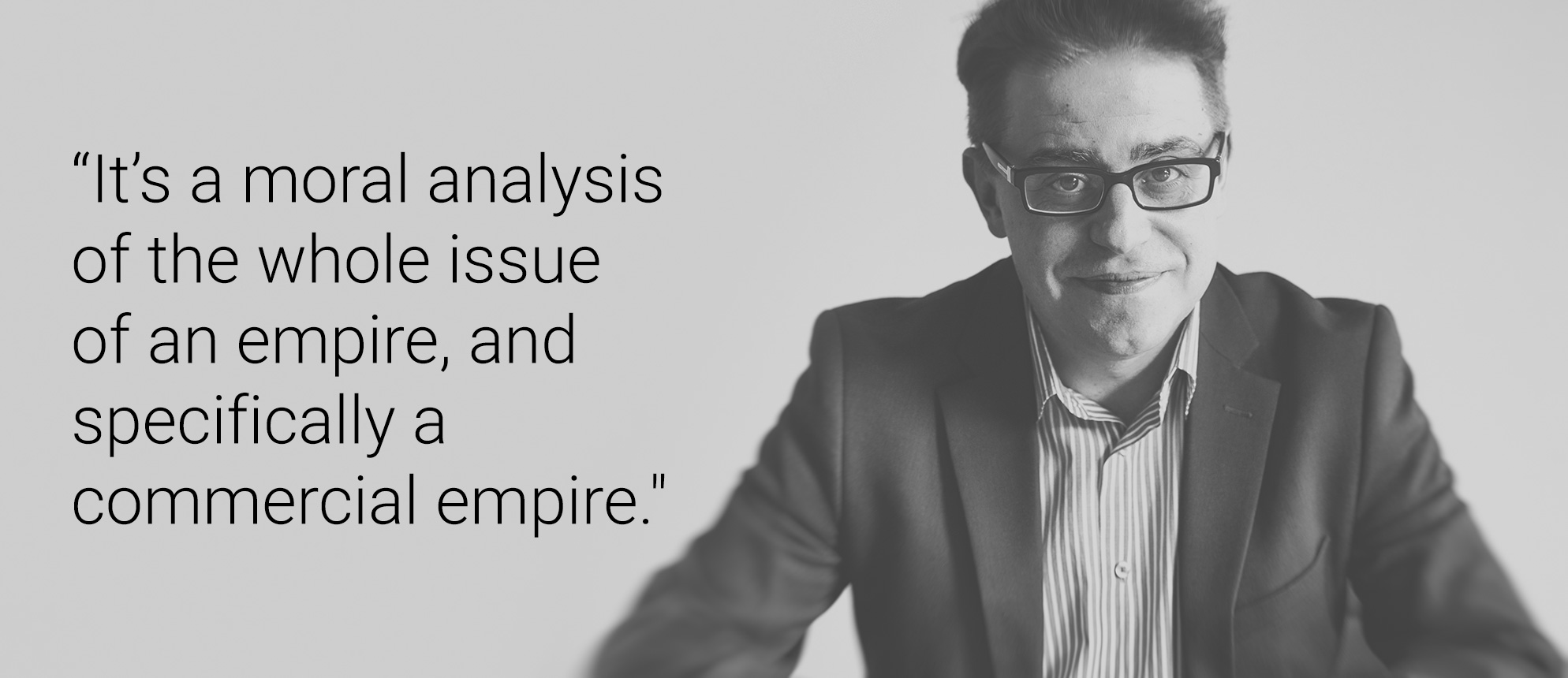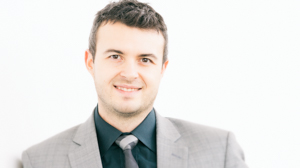- Future Students
- Current Students
- Faculty
- Staff
- Alumni
- Others
Journeying through Portuguese literary history

Luis de Camoes’ Portuguese epic poem Os Lusiadas has been heralded by literary scholars since its first publication in 1572, yet the University of Guelph-Humber’s Dr. George Bragues finds that the writer still faces a certain obscurity outside of his home country.
Dr. Bragues, UofGH’s Assistant Vice-Provost and Business Program Head, recently brought the epic and its enduring ambiguities into focus for an article in the Portuguese Studies Review. Os Lusiadas is a poetic account of the voyage of Portuguese explorer Vasco da Gama as he discovered the European sea route to India.
While many have viewed the work as a flag-waving piece of Portuguese patriotism, Dr. Bragues argues that Camoes might have been more skeptical than that – and his work explores the larger ramifications of Portugal’s maritime expansion.
“It’s a moral analysis of the whole issue of an empire, and specifically a commercial empire,” Dr. Bragues explained. “Was it really in the best interests of Portugal to parlay that discovery of the sea route into an overseas trade empire? What were the moral issues surrounding that in terms of whom they conquered?
“And where does Camoes stand on the morality of Portugal’s maritime expansion?”
That question has been the subject of much discussion from literary scholars, who haven’t reached a consensus on Camoes’ intentions. Dr. Bragues focused on a character in the poem, an old man, who warns da Gama about the moral consequences of his quest.
Since it was a time when open critique of the government wasn’t possible in literature, Dr. Bragues wanted to explore whether that character’s feelings represented Camoes’ own.
“One is left wondering, where does Camoes stand? Is the old man’s speech a covert way to critique the Portuguese empire?” Dr. Bragues said. “Writers then had to resort to these esoteric critiques, like putting a critique in the words of a character.
“I’ve surveyed how the old man is viewed by literary critics. Some see it as drama, others think it is Camoes’ view. I take a more nuanced view and said that at the end of the day, he’s questioning.
“Portugal did some impressive things but there’s a lot that’s problematic, and the old man was to a large extent correct.”
For Dr. Bragues, who has published books on the interaction between financial markets and politics and examining capitalism through a pre-modern framework, this research might seem like a departure.
However, Dr. Bragues was born in Portugal, speaks Portuguese fluently, and just visited the scenic country for a 30th time this past summer. In a way, projects like this help connect Dr. Bragues to his roots.
“It’s a way to cultivate my ethnic identity,” he said with a smile.







